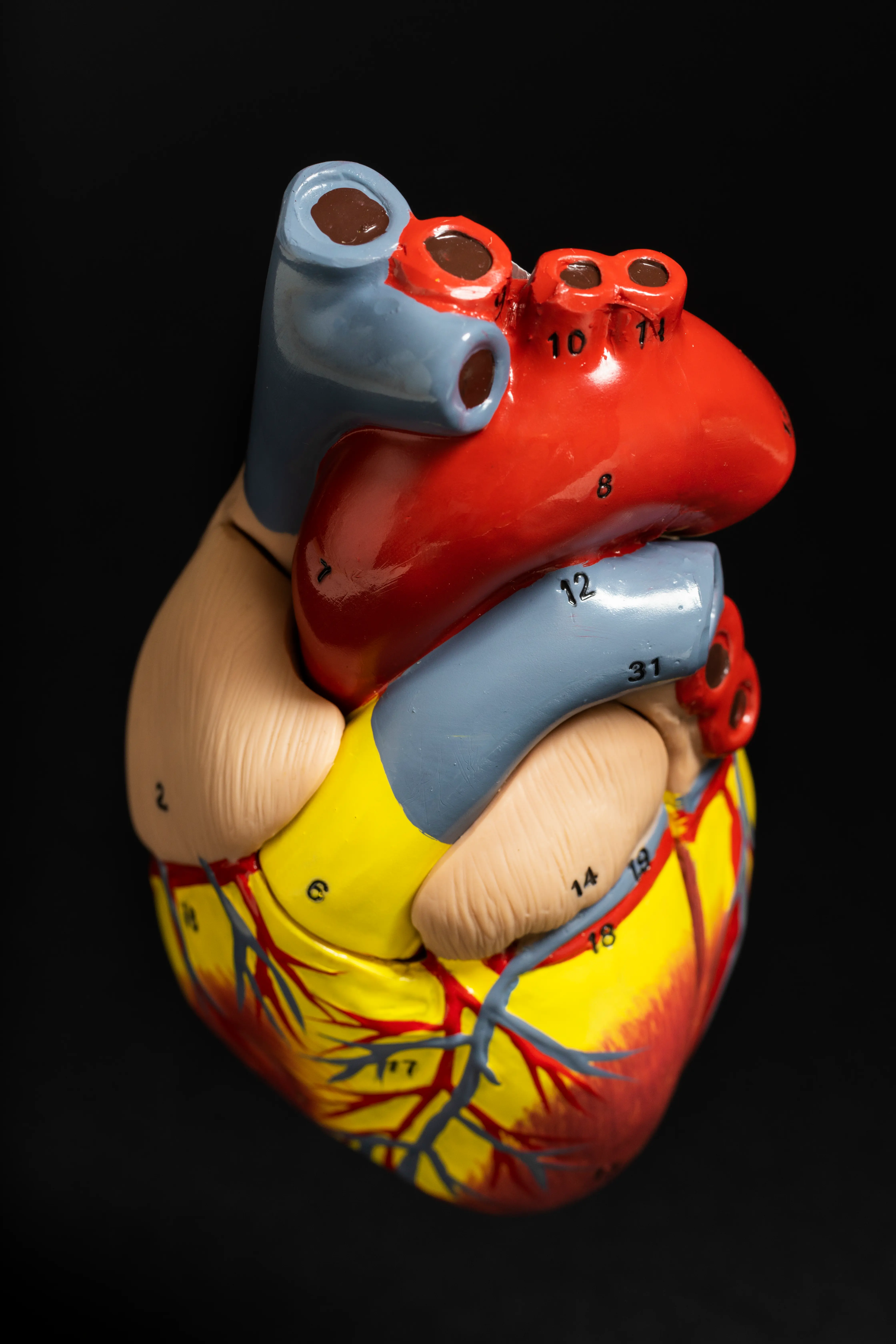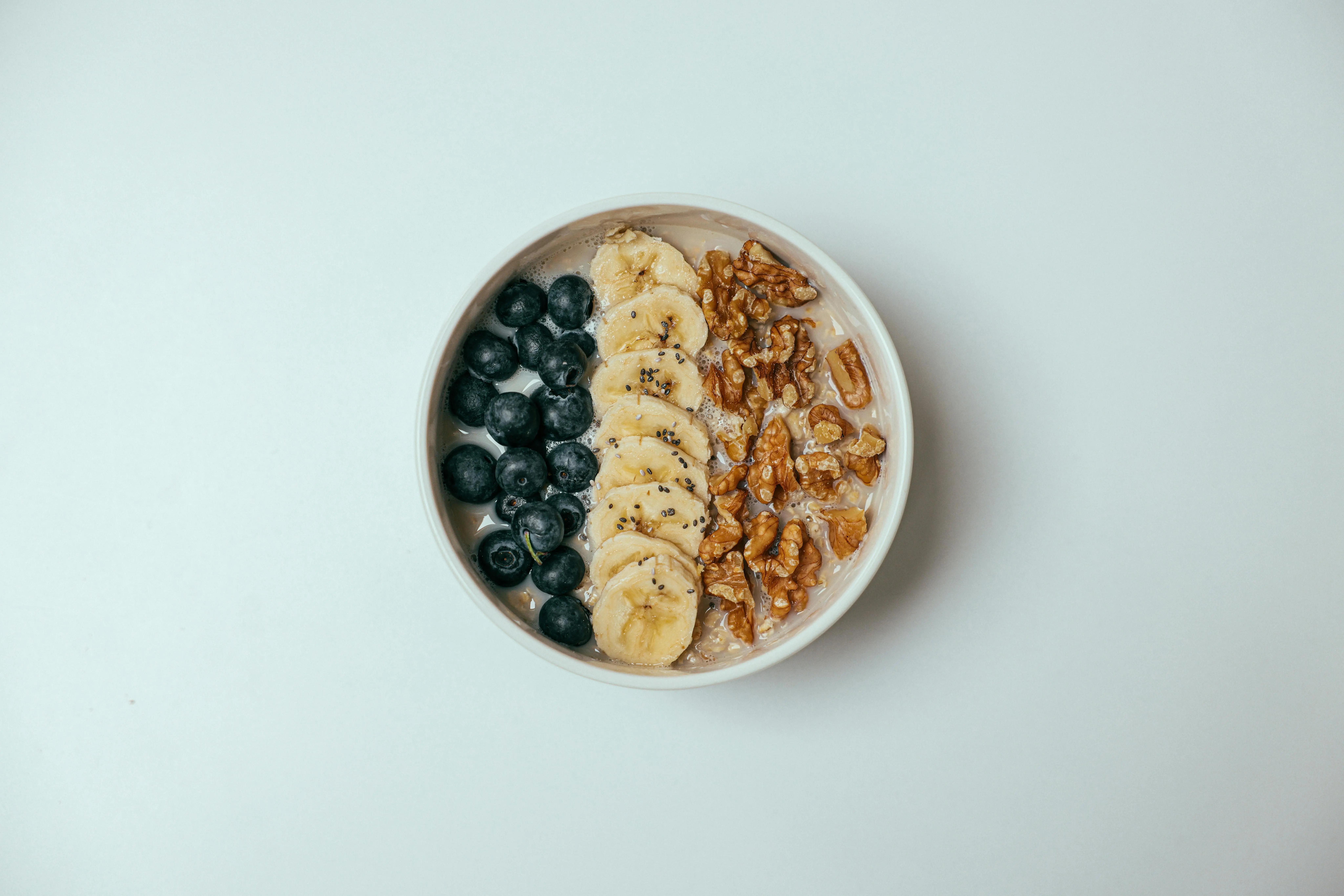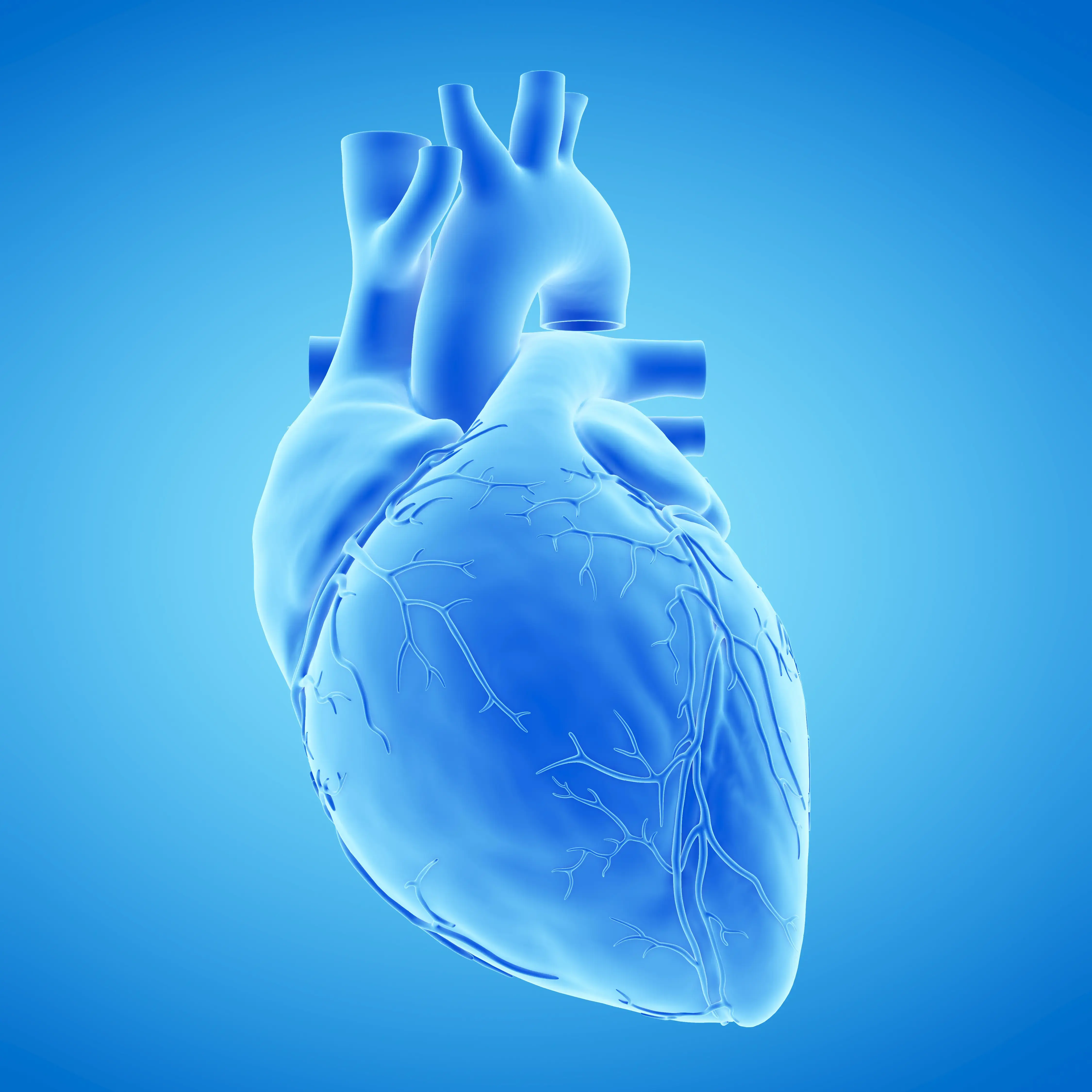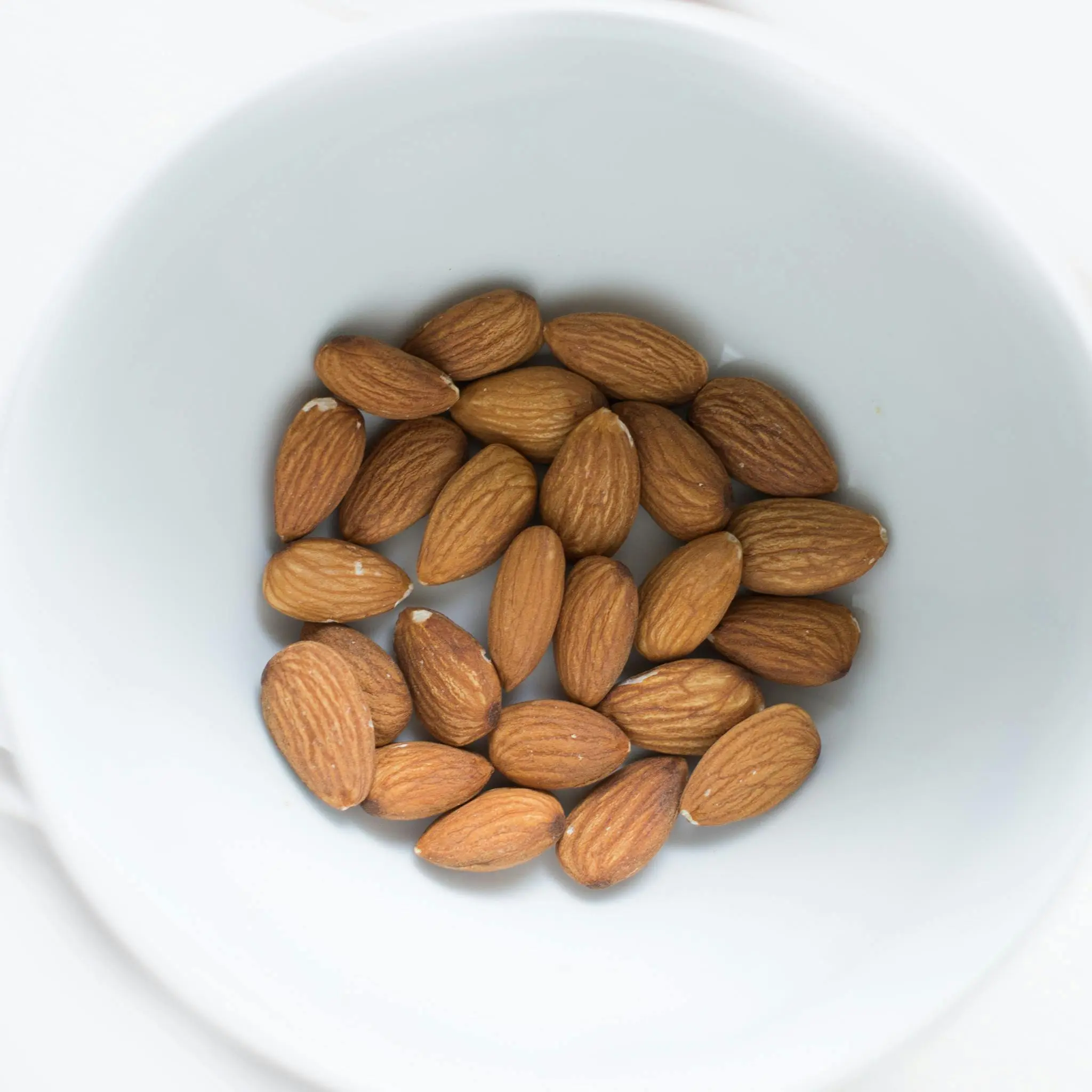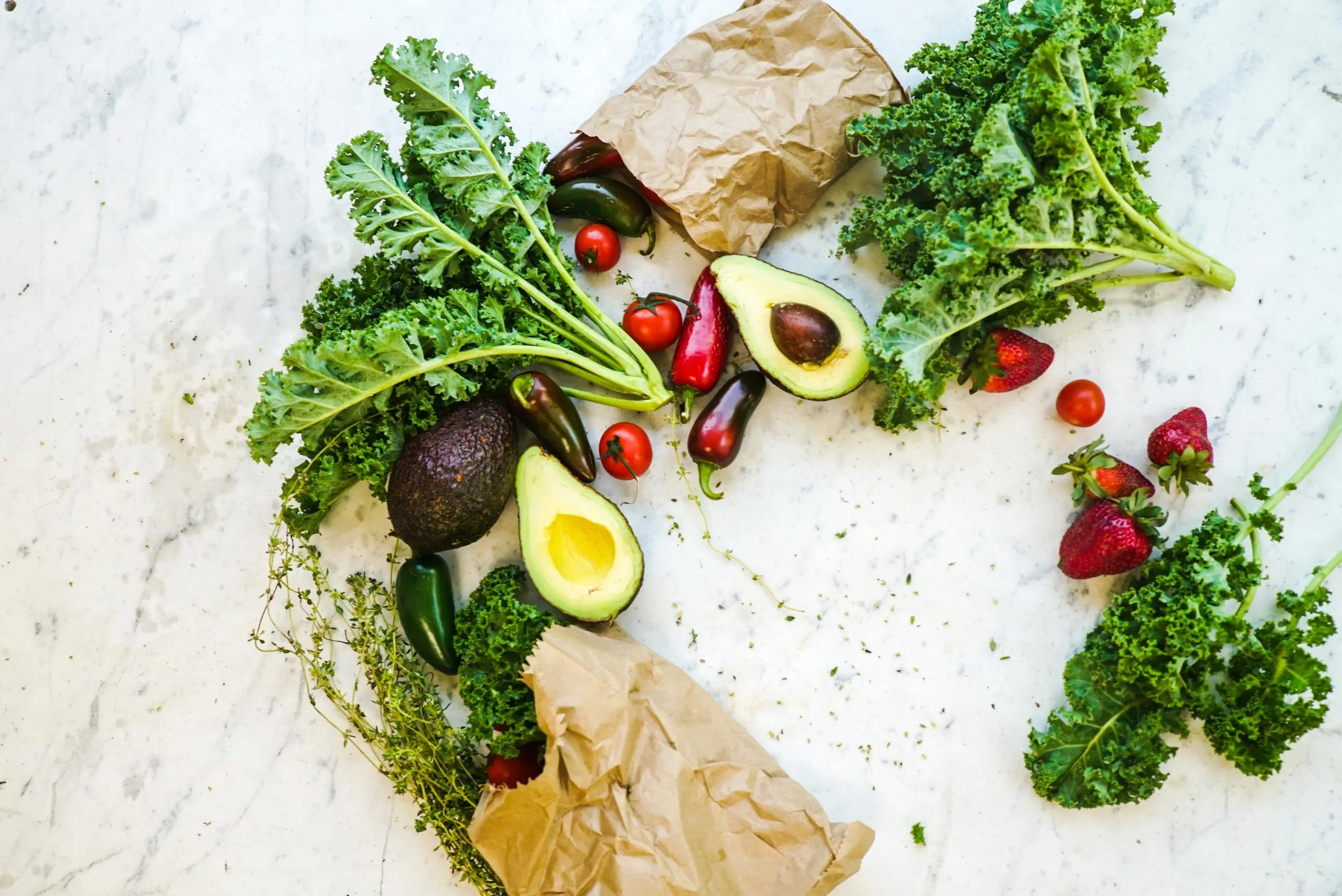The heart is a high-performance organ. Only the size of a fist and weighing between 300 and 350 grams (in an adult), it beats about 100,000 times a day and pumps up to 10,000 liters of blood through the vessels. Over an 80-year lifetime, the heart achieves an impressive record: It has then beaten at least 3 billion times and transported over 200 million liters of blood through the veins. Provided it remains healthy.
Nutrition for a healthy heart
Nutrition plays a crucial role in heart health, as it directly influences key risk factors such as cholesterol levels, blood pressure, inflammation, blood sugar, and body weight. It is now scientifically proven that the risk of heart disease can be significantly reduced with a healthy diet.
"A balanced, heart-healthy diet plays a central role in the prevention of cardiovascular diseases," confirms cardiac surgeon Dr. Ferdinand Vogt, Senior Consultant at the Artemed Klinikum München Süd. A reduced salt intake can, for example, help lower blood pressure. You can positively influence cholesterol levels by avoiding unhealthy trans fats and instead consuming omega-3 fatty acids (e.g., fish, nuts), says Dr. Ferdinand Vogt.
Dr. Ferdinand Vogt, Senior Consultant at Artemed Klinikum München Süd
"Antioxidants from fruits and vegetables help prevent vascular inflammation. Whole grain products and fiber-rich foods keep blood sugar levels stable and prevent blood sugar spikes that are long-term harmful to the heart," the cardiac surgeon continues. Furthermore, being overweight is a significant risk factor for heart disease. By what percentage does a heart-healthy diet reduce the risk of heart disease?
